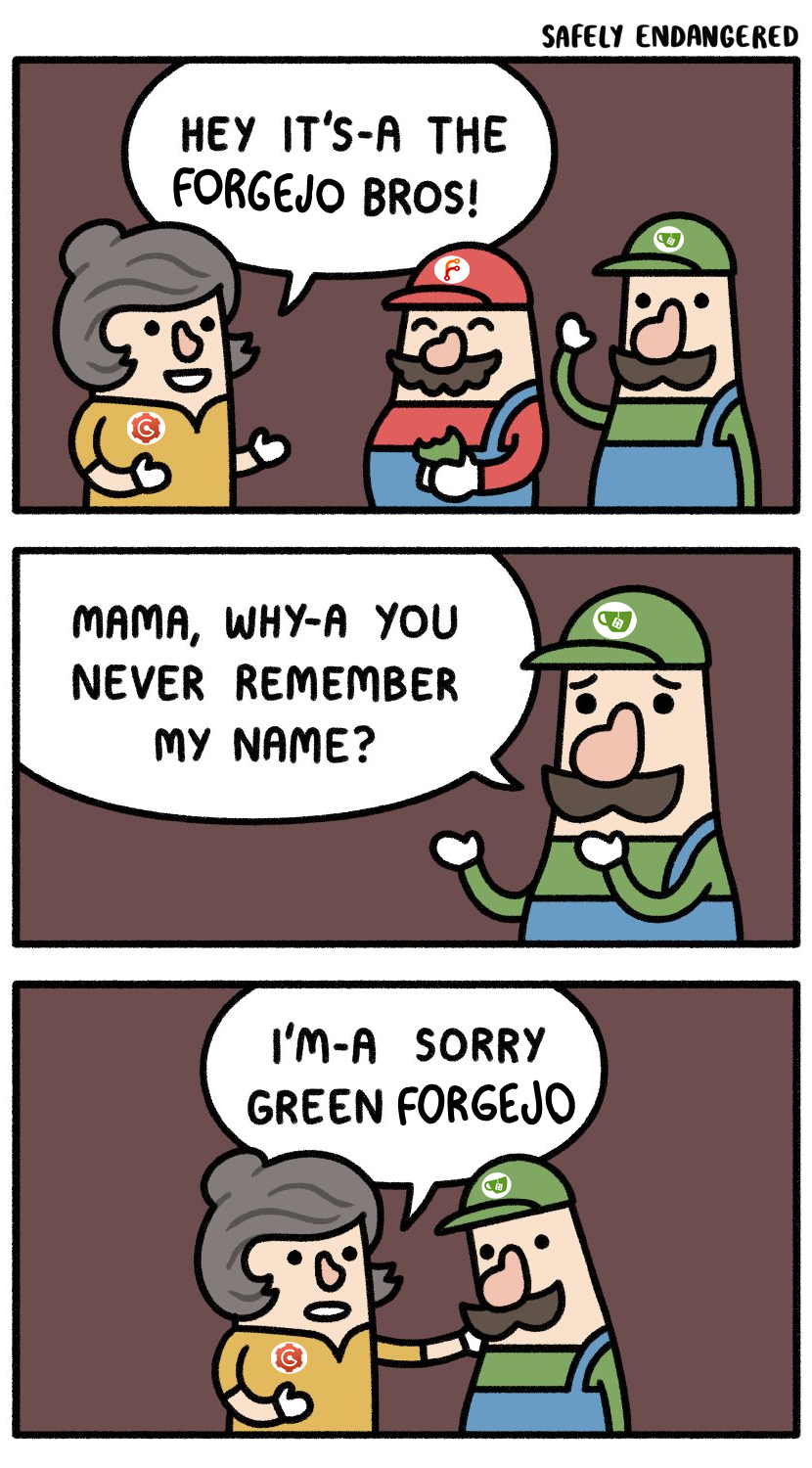That's really cool! And yeah the bootloader locking checks out with into from other guides.
That unbricking talk flies over my head on the other hand, it sounds like one of those fake tech speaks to my uncultured self lol
How did you install Graphene in the first place?
I'm not ok with those things obviously, but I don't know enough about them to say what I think is all, I'm just talking about the "technical" aspect and that at a base level I think that the effort to make a more anonymous service is respectable, though I would have never used a service like this personally. Of course that also implies that anything passing through it should be harder to track and moderate, for good and bad
I think that what I was talking about is exactly why they say what they say, for people that want to have more privacy/antonymy it's there to tell them that the system itself is inherently limited so they can't expect to be completely safe and the provider can do whatever they want or need to do by law (and here it seems from what they say, if it is 100% true, that they have been trying not to comply for the users' sake) when you rely on their service.
About the non-refundability, it's true, though it's not any more suspicious than the service in itself trying what they can to keep the users' anonymity, so it is at least coherent, I guess it's really up to how much you trust them there, you know what you're getting into after all
Not to mention I don't know why anyone would use a provider that was happy to warn people they aren't trustworthy.
That's the most honest statement, because that's email by nature. If you don't encrypt anything yourself with PGP, emails will be readable by the server and there is no way around it, some providers have automatic encryption between users of the same provider (e.g. Proton) but that's most likely less than 1% of your email traffic, unless you really use it to chat (for which there are much better suited tools already), most the others will be on their popular service that doesn't do encryption at rest, let alone in transit (and I mean one where they don't hold the keys) and, if you want to contact them, you either put up with the fact that your conversation is exposed or you convince them to set up PGP
For them it's just "the code"
Damn i- дами іт!
Eh ehm- before that, I'd encourage you to remove the words from your comment, I have patented writing
Oh ok, gotta try that, but does that mean that this only works while maintaining the PC on?
Still personally I've had very very few ones breaking, but I guess it depends on our browsing habits what we use the most. A report broken site function exists on desktop, but I think it's still missing from mobile
How did you do it? For example if I keep some apps open and reboot it should reopen them at startup, right? I tried that and it didn't work, but maybe I configured something wrong


BSTea